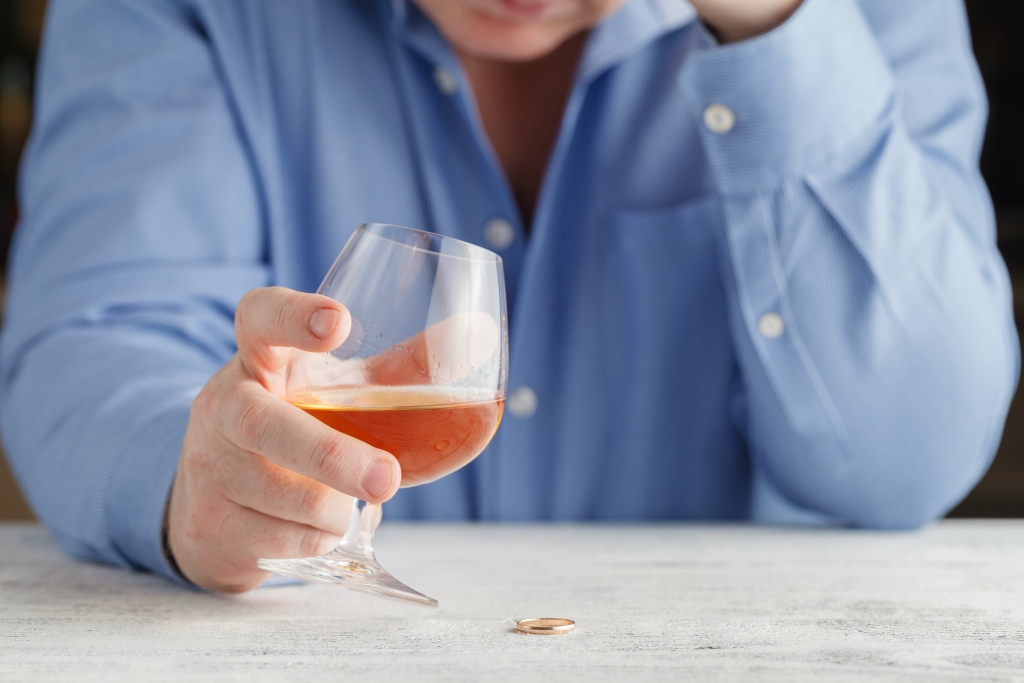Your Guide to the Stages of Alcohol Recovery
Alcohol can also affect digestion, storage, utilization, and excretion of nutrients. That’s why it’s common for people who use alcohol to be malnourished. Alcohol robs your body of nutrients and derails your metabolism.
Are Your Parents to Blame for Your Addiction?
- Just like any other medical condition, people with substance use disorders deserve to have a range of treatment options available to them.
- Addiction is a complex issue that affects many aspects of a person’s life.
- This may include avoiding certain friendships or activities that could lead to drinking and finding alternative ways to cope with stress and emotional challenges.
But when people ask me how to get started on this sober journey, our first conversation is around honest expectations. Most people who make their way into recovery have left a lot of pain and suffering in their wake. Feeling guilty or ashamed of past behavior or actions during active Alcohol Use Disorder addiction is natural and healthy. A structured routine will help you achieve other goals in your life, whether they are short-term (like being on time for work) or long-term (like going back to school and changing careers).

Alcohol Treatment and Support
- Ultimately, there is no one-size-fits-all solution, and what may work for one person may not be a good fit for someone else.
- This is a treatment that first prevents someone from using their substance of choice and then provides information about the harm of using.
By surrounding yourself with supportive individuals who understand your journey, you can create a nurturing environment that promotes your sobriety and personal growth. Additionally, working with a therapist or counselor can help you address the underlying causes of your addiction, develop coping strategies, and maintain a sober lifestyle. During the 12- to 24-hour time frame after the last drink, most people will begin to have noticeable symptoms. These may still be mild, or the existing symptoms might increase in severity. This process temporarily restores homeostasis, or chemical balance, in an effort to counteract the impact of long-term alcohol use on the brain. «While for some people these structural changes are not reversible, most people are able to show less shrinkage in one to three months with alcohol abstinence,» says Volpicelli.
What are some benefits from taking a break from drinking?
- There are many things that can affect your sleep—physically and mentally.
- These results can help them learn how alcohol has affected your body and identify any infections, injuries, or other health issues that need treatment.
- Whether you’re contemplating quitting alcohol or drugs, just getting started, or have already been living sober for years, the decision to embrace sobriety can transform your life in countless ways.
- These changes can compromise brain function and drive the transition from controlled, occasional use to chronic misuse, which can be difficult to control.
- Behavioral interventions, medications, and social support can all play a role in your alcohol recovery.
Seeking help for alcohol addiction or any substance abuse disorder can feel challenging, but there are many resources to help you. Being sober curious is about reflecting on what impact alcohol has on your life. Some use it as a way to be more creative in their downtime, either looking up or creating mocktail recipes to try or seeking out new ways to engage with friends that aren’t centered around a bar. Whatever the reasons for taking a break from alcohol, studies have shown there are a great deal of benefits.
While the recovery period may be challenging, it’s also filled with milestones that can transform your life into one that’s better than you could have previously imagined. Clinical evidence suggests that the most common causes of relapse during this stage are neglecting self-care or not attending self-help groups. During the repair stage, taking care of yourself is paramount.
Heavy drinking can actually cause the part of the brain that’s critical to memory and learning (hippocampus), to shrink. One study found that around 70% of participants had sleep problems when they were admitted for alcohol treatment. That number dropped to 50% when the participants went home, and many reported that their sleep quality got better after treatment. Quitting alcohol won’t just protect your physical health—it can also improve your mental well-being.
It is rare that someone would go to treatment once and then never drink again. More often, people try to quit or cut back over time, experience recurrences, learn from them, and then continue on their recovery journey. For many, continued follow-up with a treatment provider is critical for overcoming alcohol problems. The provider can help adjust the treatment plan and aid long-term recovery. It is important to gauge whether the facility provides all the currently available, evidence-based methods or relies on one approach.
What Is Sobriety?
Whatever your reason to quit drinking, know that you’re doing yourself a favor. Alcohol impacts our sleep, relationships, weight, risk for serious chronic conditions and more. Recovery works through one alcoholic sharing their experience with another. Have some sober friends you can invite as your plus-one to a social event like a party or wedding. And stay in touch with your sponsor and call them if you’re feeling anxious or uncomfortable.
The rebound effects of alcohol may produce hangover symptoms along with mood changes like anxiety (hangxiety). Your liver processes alcohol at a very constant rate of approximately one drink per hour. As an example, a standard drink size is 12 ounces of beer, 4 ounces of wine, or 1-1/4 ounces of 80-proof distilled spirits. If you drink more during this time, your metabolism does not speed up to process the excess alcohol, and it continues to circulate in your bloodstream (your BAC level). You’ve likely never experienced this level of mental or physical exhaustion before.


The organization recommends using its online tools in addition to face-to-face meetings. These online tools have been a substitute connection method for members during the COVID-19 pandemic. WFS sober alcoholic provides a message board, online text chat, private Facebook group, and phone support. The New Life acceptance statements focus on building strength through compassion, care, self-love, and growth. The program teaches 13 acceptance statements that encourage emotional and spiritual growth.

